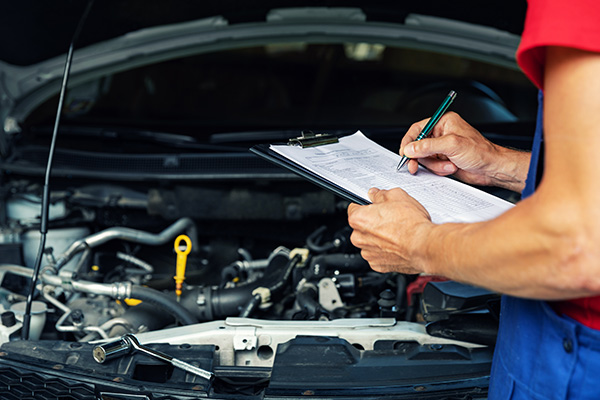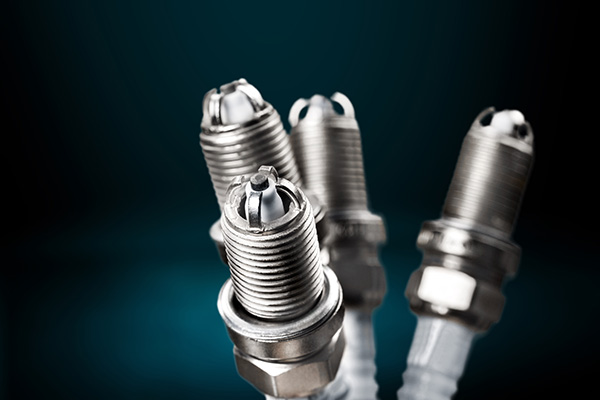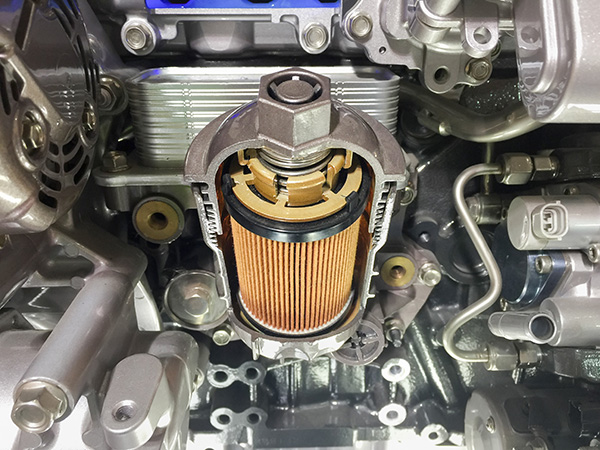Posted on 10/31/2024

So, you've just purchased a used car. Congratulations! Buying a pre-owned vehicle is a smart way to save money, but unlike driving a new car off the lot, a used one comes with its own set of considerations. You may not know its full history, and while it might look great on the outside, there could be some hidden issues under the hood. That's why performing some essential maintenance after buying a used car is important to ensure it runs smoothly for years to come. 1. Get an Oil Change and Replace the Oil Filter One of the simplest yet most important tasks is changing the oil and replacing the oil filter. You don't know when the last oil change was performed, and fresh oil is key to keeping the engine lubricated and running efficiently. Old oil can become dirty and thick, which puts unnecessary stress on the engine and could lead to long-term damage ... read more
Posted on 9/27/2024

Ever noticed your car isn’t running quite like it used to? Maybe it’s hesitating when you accelerate or your fuel efficiency has taken a hit. These symptoms could be your car’s way of telling you that it’s time to replace the spark plugs. While spark plugs are small, they ensure your engine runs efficiently. Without them firing correctly, your engine may struggle to ignite the fuel mixture, leading to a variety of performance issues. So, how do you know when it’s time for new spark plugs? What Do Spark Plugs Do Essentially, they create a spark of electricity that ignites the air-fuel mixture in your engine's cylinders, which powers your car. Every time you turn the key or push the start button, those tiny plugs are working hard to keep your engine running. But like any part, spark plugs wear out over time. The electrodes get worn down, carbon deposits can build up, and eventually, they lose their effectiveness. If left unattended, w ... read more
Posted on 8/30/2024

Your car's engine is a marvel of engineering, designed to convert fuel into power that propels you down the road. But what happens when something as seemingly minor as a dirty fuel filter comes into play? Can it really have an impact on your car's performance? The answer is a resounding yes. A dirty fuel filter can cause a host of issues that not only diminish your vehicle's performance but also put unnecessary strain on other engine components. The Role of the Fuel Filter Let's start with the basics. The fuel filter is an essential component of your car's fuel system. Its primary job is to keep the fuel that reaches your engine as clean as possible by trapping dirt, rust, and other debris. Over time, contaminants can build up in your car's fuel tank, whether from the fuel itself or as a result of rusting. If these particles were to enter the engine, they could cause damage to fuel injectors and other vital components, leading to costly repair ... read more
Posted on 7/26/2024

Car seat belts are a staple of modern automotive safety, but have you ever wondered when they first made their way into our vehicles? This seemingly simple invention has saved countless lives and continues to be a critical component of vehicle safety today. Let's take a journey through the history of car seat belts, understand their evolution, and appreciate the significance they hold in our daily commutes. The Early Days of Seat Belts The concept of seat belts dates back to the early 19th century, initially used in the aviation industry. In the late 1800s, George Cayley, a pioneering aviator, designed seat belts to keep pilots secure during flights. However, it wasn't until the mid-20th century that seat belts found their way into automobiles. In the 1950s, car manufacturers began to recognize the importance of seat belts. The first modern three-point seat belt, which we are familiar with today, was invented by Nils Bohlin, a Swedish engineer working for Vo ... read more
Posted on 6/27/2024

Are you stranded in the middle of nowhere, miles away from the nearest service station? What do you do? This is where roadside assistance becomes your knight in shining armor. But how exactly can roadside assistance save you in an emergency? Let's look into the details and see why it's an essential service for every driver. The Roadside Assistance Roadside assistance is a service designed to help drivers when their vehicle experiences a breakdown or any issue that prevents them from continuing their journey. This service is typically available 24/7 and can include a range of solutions such as towing, battery jump-starts, tire changes, fuel delivery, lockout assistance, and more. It's like having a safety net that you hope you never have to use but are immensely grateful for when you do. Immediate Help When You Need It Most Imagine ... read more